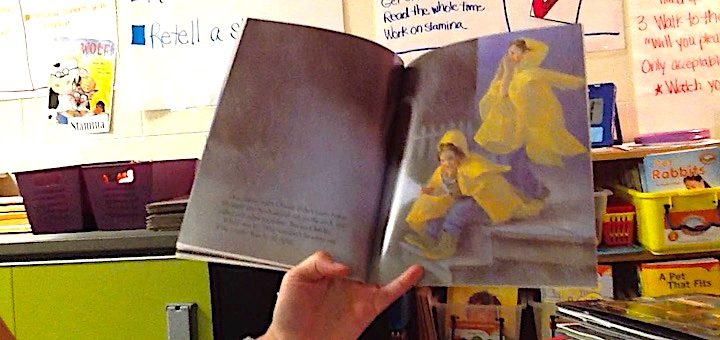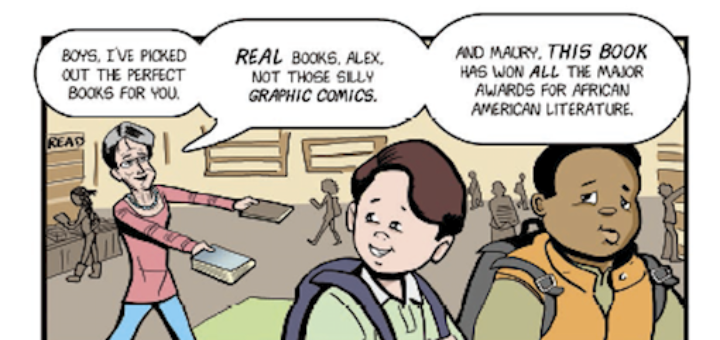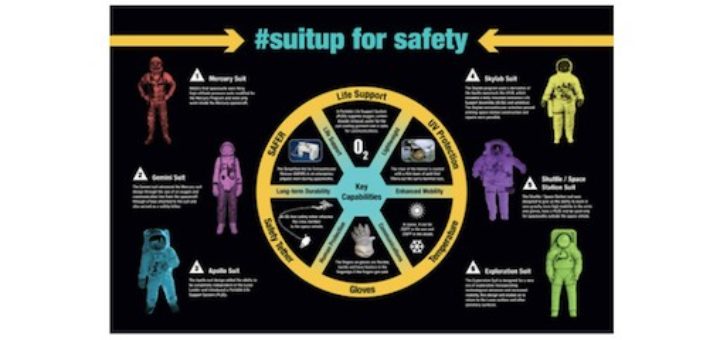Picture Books Set the Stage for Middle School Learning
In Part 2 of a series on using picture books in middle school, Jennifer Sniadecki and Jason DeHart focus on “the simple power” of stories with minimal text to set the stage for lessons, provide background knowledge, and make efficient use of daily class time. Example: Eva Bunting’s Terrible Things.


























